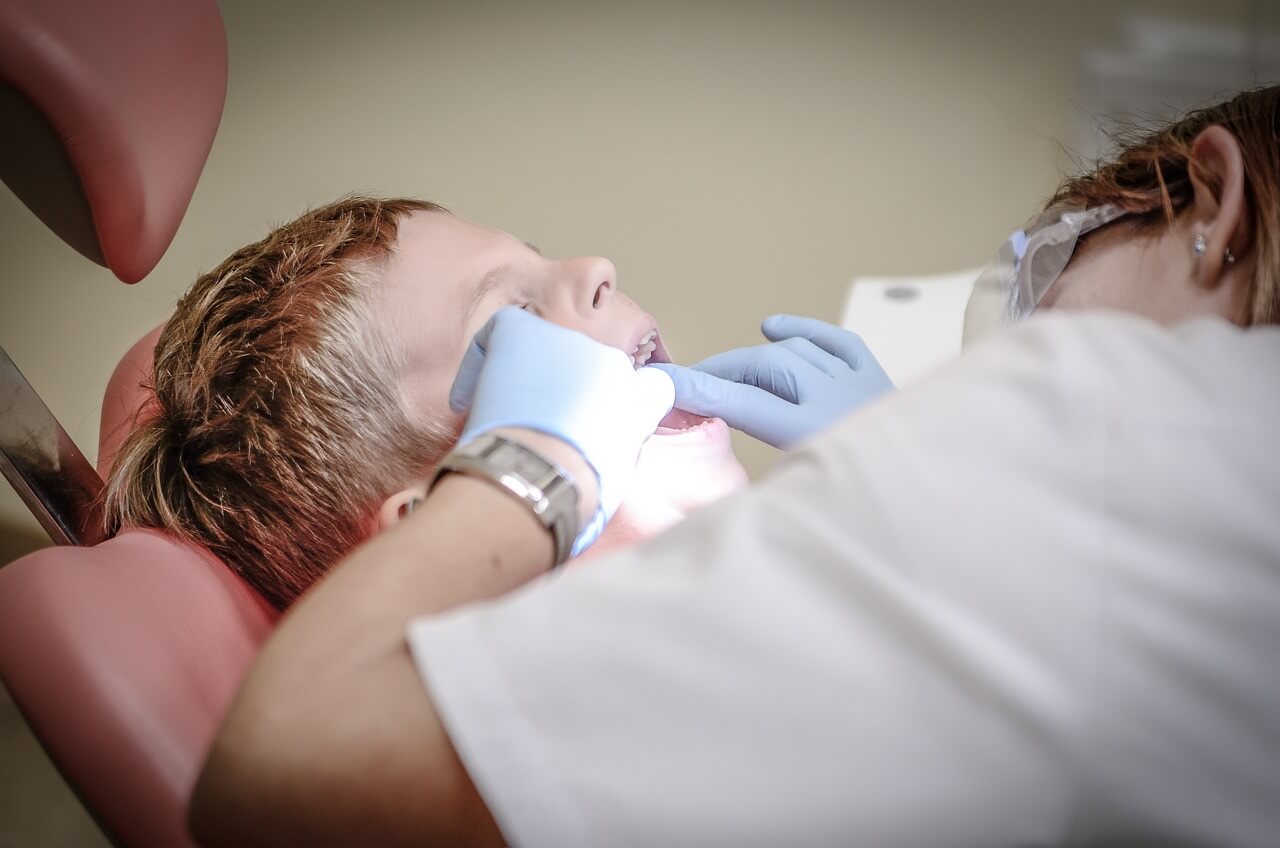
A career in dental medicine is not just about fixing teeth or ensuring a radiant smile; it’s about improving overall health and well-being through oral care. Aspiring dental professionals embark on a rigorous journey to become experts in this field. In this blog post, we’ll explore the road to becoming a dental professional, the challenges and rewards, and what it takes to excel in this noble profession.
Educational Foundations
The journey to becoming a dental professional begins with a solid educational foundation. The typical path involves completing a Bachelor’s degree, often in a science-related field such as biology or chemistry.
During these undergraduate years, students take courses that lay the groundwork for more advanced dental studies. It’s essential to excel academically, as dental school admissions are highly competitive.
Dental School Admission
After completing their Bachelor’s degree, aspiring dental professionals must gain admission to a dental school. Dental schools have their own specific requirements for admission, which usually include a competitive Dental Admission Test (DAT) score, letters of recommendation, and a personal statement.
Once accepted, students embark on a rigorous four-year program leading to a Doctor of Dental Medicine (DMD) or Doctor of Dental Surgery (DDS) degree.
Dental School Curriculum
Dental school is intense, combining classroom instruction with hands-on clinical experience. The curriculum includes courses in anatomy, physiology, dental materials, oral pathology, and patient care. Students also learn about various dental procedures, such as fillings, root canals, and extractions, and gain proficiency in dental tools and technology.
One of the most important aspects of dental school is the clinical experience. Under the supervision of experienced faculty, students treat real patients, gaining practical skills and valuable experience in diagnosing and treating dental issues.
Licensing and Specialization
After completing dental school, aspiring professionals must obtain their license to practice. Passing both written and practical exams is typically involved in this. With a dental license in hand, individuals can work as general dentists. Still, many choose to pursue further education and training in specialized areas of dentistry, such as orthodontics, periodontics, oral surgery, or pediatric dentistry.
Each specialization requires additional postgraduate education, often in the form of a residency program. These programs provide in-depth training and clinical experience in the chosen area of specialization, making individuals experts in their field.
Continuous Education and Certification
The journey to becoming a dental professional doesn’t end with graduation or specialization. To maintain their license, dental professionals are required to engage in continuous education and stay up-to-date with the latest advancements in dentistry.
This commitment to ongoing learning ensures that patients receive the best care possible and that dental professionals are well-equipped to address evolving oral health challenges.
Building a Practice or Joining a Team
After finishing their education and training, dental professionals have a choice: start their own practice or join an existing dental team. Starting a practice needs skills in both dentistry and business. It involves finding a location, getting equipment, hiring staff, and promoting the practice to get patients.
On the other hand, joining an established dental team means focusing on patient care without business tasks. Some dental professionals may also think about using a dental SEO company to attract more patients. Choosing between building a practice and joining a team is personal and needs careful thought.
Ethical Responsibilities and Patient Care
Becoming a dental professional is not just about technical skills; it also involves ethical responsibilities. Dental professionals must maintain a high standard of integrity and professionalism.
They have a duty to provide the best possible care to their patients, respecting their individual needs and preferences. Building trust with patients is a critical part of the profession, as it encourages individuals to seek regular dental care.
Challenges and Rewards
Becoming a dental professional is a challenging journey. The extensive education, training, and continuous learning required demand dedication, perseverance, and hard work. The clinical aspects of dentistry can be physically and mentally demanding, but the rewards are substantial.
One of the most significant rewards is the opportunity to make a real difference in people’s lives. Dental professionals help patients maintain good oral health, alleviate pain, and improve their confidence by enhancing their smiles. This sense of satisfaction and the positive impact on patients’ lives are among the most gratifying aspects of the profession.
Financially, the dental profession can be rewarding as well. Dental professionals often enjoy competitive salaries, and those who establish successful practices can achieve a high level of financial independence.
Conclusion
Becoming a dental professional is a fulfilling journey that involves a strong educational foundation, rigorous training, ethical responsibilities, and ongoing learning. The road to becoming a dental professional is challenging, but the rewards in terms of making a difference in people’s lives and achieving professional and financial success make it a highly respected and rewarding career path. If you have a passion for oral health, a commitment to lifelong learning, and a desire to help others, a career in dental medicine may be the perfect path for you.